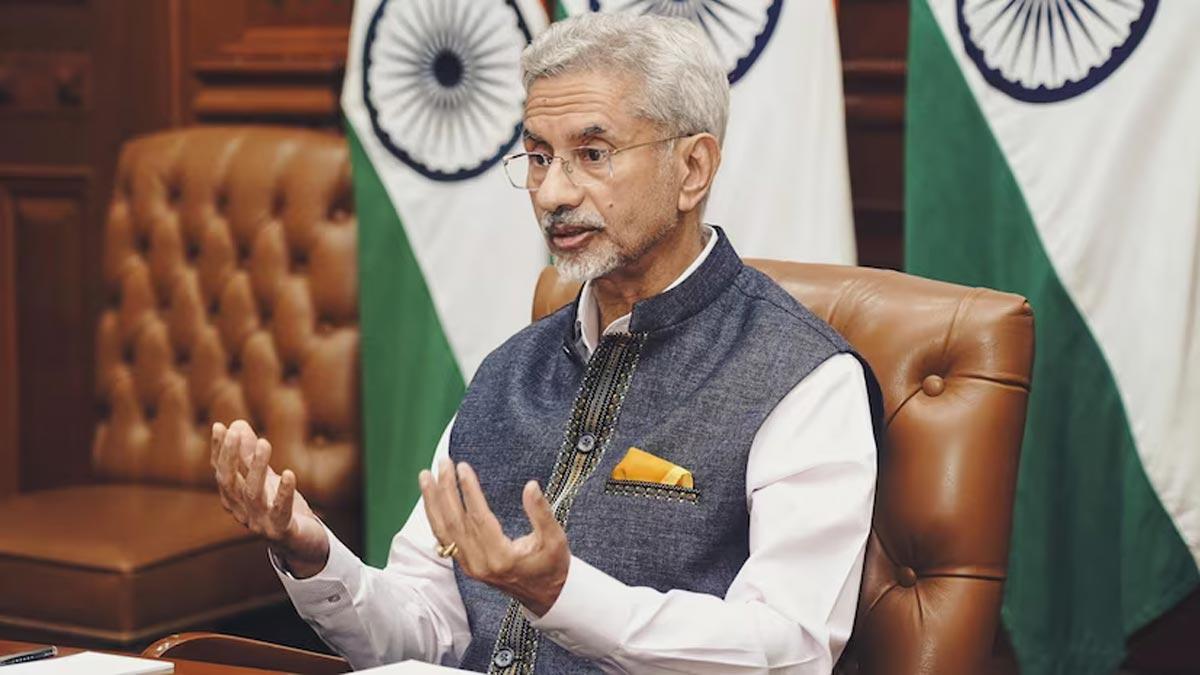India's anti-terror mission, 'Operation Sindoor', ended Saturday after declaring a ceasefire with Pakistan. The Ministry of Defence affirmed that considerable damage had been caused on the land and air infrastructure of Pakistan on the Line of Control and in Central Pakistan, and also denied reports of reverses for India.
The ceasefire announcement caused celebratory outbreaks in the country, especially at the frontier states like Jammu and Kashmir and Rajasthan, where people screamed "Bharat Mata ki Jai" in outbursts of patriotism.
The hostilities were suspended after four days of fierce military action and are regarded as a great triumph for India, which is confident that it can determine the future of the Indus Waters Treaty, which has been suspended.
India's military prowess has been considerably strengthened by this operation, with experts claiming that the country is now set to emerge as a powerful world force, capable of overpowering a nuclear-armed Pakistan. The operation has lent strength to India's push for a permanent seat on the United Nations Security Council.
The end of 'Operation Sindoor', as Defence officials stated, depended on a clear pledge to retaliate with full force in case of any future acts of terrorism, which would be regarded as acts of war.
The Defence Ministry outlined the success of the mission, saying that India had successfully repelled three large waves of missile and drone attacks by Pakistan. India retaliated by causing severe damage to Pakistan's air defence system.
During a combined briefing, Colonel Sofiya Qureshi on behalf of the three military forces asserted the respect of the Indian military for houses of worship and categorically refuted disinformation stating that Indian troops had struck mosques. She also refuted the false narrative presented by Pakistani military officials about the destruction of Indian BrahMos facilities using JF-17 aircraft and airstrikes on airbases in Surat and Sirsa.
In addition, Colonel Qureshi denied reports about Indian forward ammunition depots having been damaged at Chandigarh and Beas, and even blamed Pakistan for attacking medical establishments in Srinagar, Avantipura, and Udhampur.
She attested that India's military had caused extensive harm to the Pakistan Army, and that some of Pakistan's major airbases, such as Skardu, Sargodha, Jacobabad, and Bholari, were targeted with precision attacks. Pakistani airspace also became increasingly unsustainable after targeted attacks on air defence systems and radar installations.
In another release, authorities pointed out that, in addition to thwarting Pakistan's overnight drone attacks, India launched successful precision attacks on six key Pakistan Air Force bases, including those at Rafiqui, Sukkur, Murid, Chunia, Chaklala, and Rahim Yar Khan.
Read also| Watch| India's US Envoy Sets CNN Host Straight on Kashmir Comment
Read also| India at War with Terrorists, Says Ambassador to US Vinay Kwatra


















